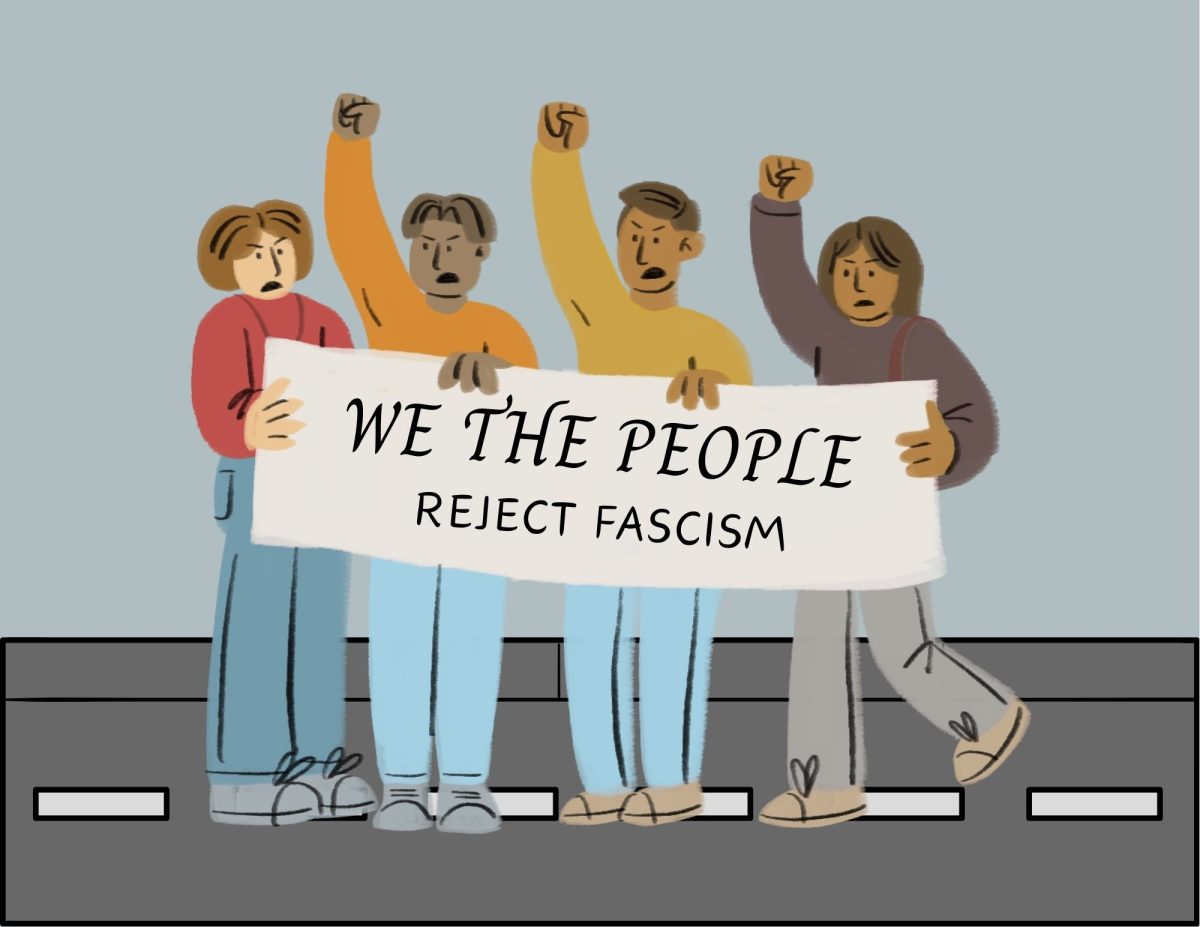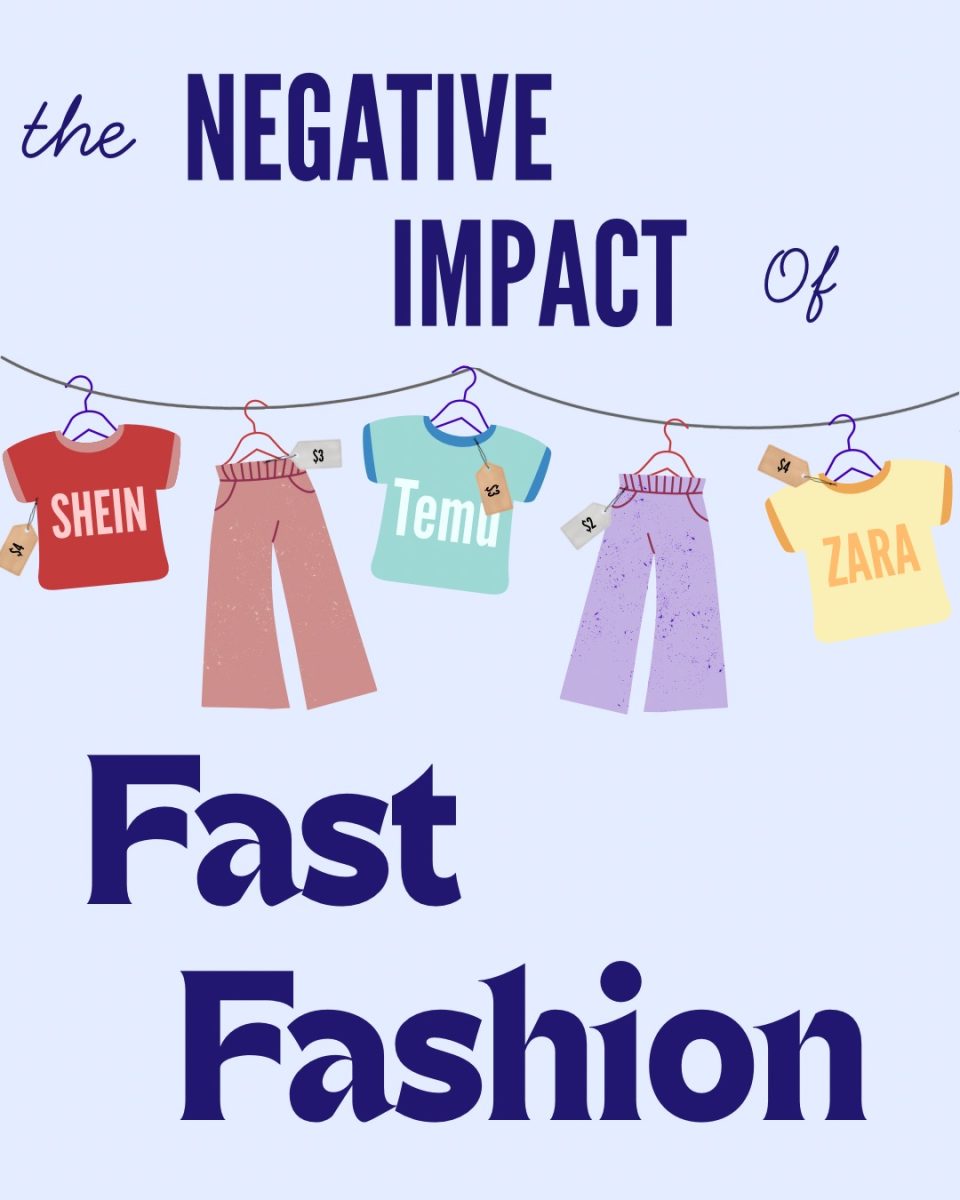YouTube recently changed its content guidelines for content creators. These dictate what is acceptable for YouTubers to publish while still being able to make moneY from advertising revenue.
Basically, it’s YouTube’s way of making sure YouTubers publish content that advertisers deem appropriate for the ad’s intended audience. If the video does not fall within the advertiser friendly guidelines, the YouTuber will not make money for that video, but the video will still be available for viewing.
Let’s look at the new guidelines for advertiser-friendly videos to see why it’s such a ridiculous proposal.
The guidelines state that sexually suggestive content, violence, inappropriate language, promotion of drugs and regulated substances and controversial or sensitive subjects and events are the areas that YouTube has highlighted as inappropriate for advertising. There are descriptions that go into greater detail for each of these guidelines.
I’m looking at these guidelines and seeing valid points. Certain companies may not want to be associated with vulgarity or sexually suggestive content, but there
are a few of these points that I have a hard
time believing advertisers and YouTube would want to discourage.
The biggest topic on the non-advertiser friendly guideline sheet I see is the controversial or sensitive subject topic. Basically, if a content creator chooses to highlight news relating to, say, the upcoming presidential election, it could be flagged by YouTube’s content ID and demonetized.
It seems YouTube is trying to curb topics that may offend certain people or advertisers, but this is YouTube we’re talking about.
They have a statement in their community guidelines that says “our products are platforms for free expression,” and while that may rule out things that are clearly wrong for this type of website, such as inciting violence or nudity, political events and coverage of tragedies should be shared with the public.
Some of the other guidelines YouTube is trying to curb for advertisers include violence and vulgar language. Now I don’t go around cussing like a sailor, but some content creators can be colorful with their language.
While excessive language is bothersome, one bad word here or there shouldn’t prevent a person from making money.
The violence guideline is another area I have a problem with.
The problem stems from the context of the violent content. If the violence is being portrayed in the form of a video game or movie clip, is it still too offensive? According to one content creator, even video game violence is still too much for some advertisers. While some people are bothered by video game violence, it needs to be understood that this is dramatized violence, and is in no way actually hurting anyone. YouTuber TheDevildogGamer explained in one of his videos that at least 10 of his violent video game videos have been demonetized.
The weird part about his videos being demonetized is that ads still appear on some of his non-advertiser friendly videos. A good question TheDevildogGamer asked in his video was where is the money was going if ads still appeared on his flagged videos.
Does YouTube gain the revenue from the flagged videos that still run ads?
This is especially wrong because if the rightful creators of those videos make the content, then the content creators should still be compensated for their work. YouTube is stealing from the pockets of these people who make videos for a living.
As I stated earlier, I do see some valid points with the guidelines.
Topics that promote sexually suggestive content, including partial nudity and sexual humor, can be an issue for some groups who advertise. Sexually suggestive content wouldn’t be appropriate if a school or religious organization decided to promote themselves on YouTube.
The same can be said for the drug promotion restriction guideline. Both sexually suggestive and drug promotion content can be too hot of topics advertised by any business, especially if that business has a strict stance against those topics.
Maybe these issues that YouTube doesn’t want to subject advertisers to will create a special market for certain advertisers.
Ryan Haywood, YouTube personality for Rooster Teeth and its subsidiary The Know, spoke about this on one of The Know’s videos.
“This is just going to create a niche for advertisers who are basically content agnostic, and they will want to advertise on these videos that get all the views even if they’re ‘edgy,’” said Haywood.
Hopefully YouTube will ease up on the content they allow YouTubers to create. It is important to know that any video demonetized can be appealed by the content creator.
This should help delay full-scale demonetizing until YouTube and its content creators can work out a deal that works for everyone. YouTube is messing with people’s lives.
This censorship has the potential to prevent people from making a living, and that is an unacceptable way to treat your employees.




